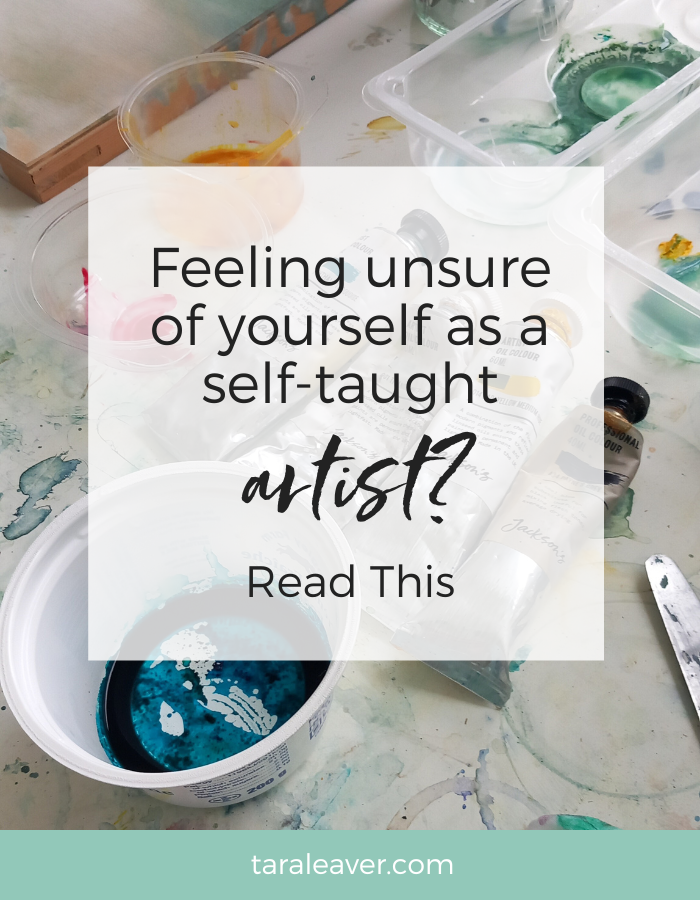
Recently a member of the Happy Artist Studio asked a question that I think many artists can relate to, in particular the self taught.
I thought it was a great question {and a not too shabby answer 😉 – the member thought so too!}, so I’m sharing it today in hopes that if being a self taught artist is something that causes you some self doubt or lack of confidence, it might help.
Here’s what the member said:
“I’m so curious about navigating the self acceptance as a creative …I would love to feel confident in my abilities, since I am self taught… I still rely on references to make art.”
And here’s what I replied:
On using a reference
The first thing I’d say is that using references isn’t a weakness or inherently a negative – lots of artists do that, including those who’ve been creating for decades.
For many that’s a key part of their process, for example photorealist artists.
And if the references are photos you’ve taken yourself, or your own studies, you can copy them exactly if you want to!
Using other people’s images is ok as long as they’re more springboards into the new than they are for copying.
So I just wanted to clear that up in case you’re feeling like you ‘shouldn’t’ use a reference.
That doesn’t make you any less of an artist. 😊 It’s also an excellent way to learn – the great masters did it too!
On confidence
When it comes to confidence, I’ve found developing that to be a combination of two things – practice over time, and how we’re thinking and speaking to ourselves {aka mindset}.
There are so many artists who feel that being self taught is in some way ‘less than’ having a formal education, but that’s not what you might call an ultimate truth.
There are people who think that for sure, and there’s plenty of snobbery in the art world.
There’s also something to be said for learning the fundamentals like composition, values, etc, but you can learn those informally too.
And for those of us who are making art as an expression of our truest selves and are on that journey of discovery and pleasure and fulfilment {whether we decide to sell or not}, how we learn or learned is less important than that we are following that call.
Formal training is just one possible path.
I don’t have a degree in fine art {or indeed in anything!}; my learning has come from a small amount of formal training, and a lot of informal courses, and masses of trial and error.
Formal qualifications are not a guarantee of success, however you personally define that; plenty of artists with degrees feel just as fraudulent as those without, which shows how much of it’s in the mind!
And plenty of artists with no formal training are making 6 figures from their art.
We can choose how we see it, and think about it in ways that serve our purposes, because ultimately there isn’t a right or a wrong here, whatever anyone might tell you.
So that may give some context to the question of being self taught – at the end of the day if you’re creating and it’s making you happy, it really doesn’t matter what came before that.
{And if you want to sell through galleries, for example, most galleries don’t mind whether you have a degree; they’re usually more interested in the quality and consistency of your work.}
So that leaves practice, which is what we’re doing anyway, every time we create.
It’s up to us, and our current life circumstances, how often that is of course.
The messiness of practice is where the learning and development happens, where the confidence grows, and where we also have the repeated opportunity to practice self kindness about what’s happening.
We all have the internalised messaging, stories, and voices that aren’t kind and make it feel really hard to feel that self acceptance at times.
I have found that adopting an experimental mindset and approach has helped enormously.
Everything in the studio is an experiment; I start with a hypothesis – ‘what if I try….’/’I want to see if I can….’ – and then if it doesn’t go the way I thought or hoped, I see that as intel rather than proof I shouldn’t be trying!
And that too is a practice.
I’ve found that it’s one I can take beyond the studio too {which isn’t to say I always manage it!} – being artist is amazing for teaching valuable life lessons!
I know this isn’t a quick fix sort of answer, but that’s because self acceptance, as you know, isn’t a quick thing – it’s a practice, just like an art practice.
I hope that helps – thank you for bringing this up, it’s something so many artists wonder about or struggle with, so I think it’s good to shine a light on these things so they can be seen more clearly!
Are you a self taught artist? How do you feel about that? Do you feel like it affects your confidence or is it not an issue for you? Got any tips to share? Leave them in the comments!

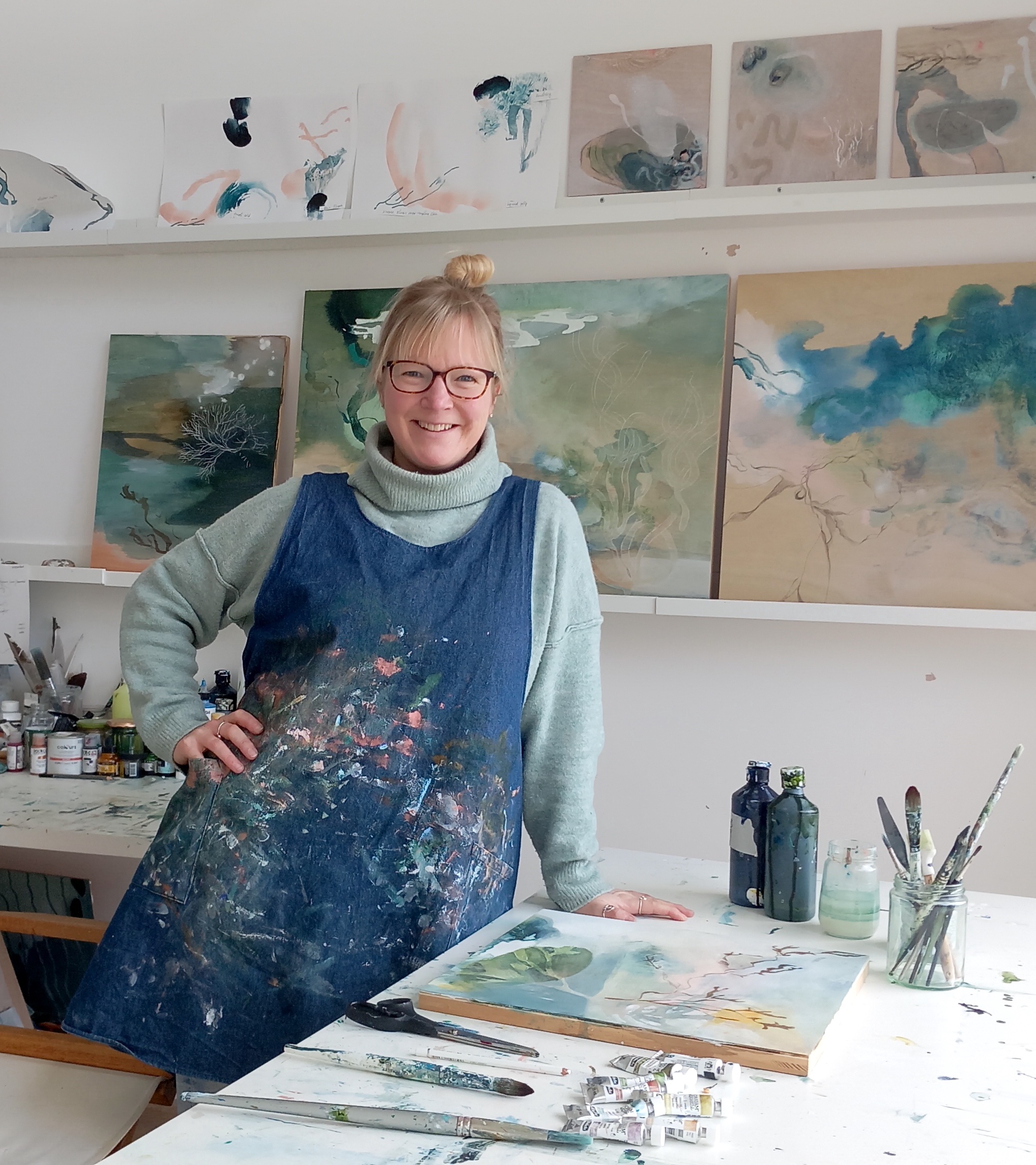
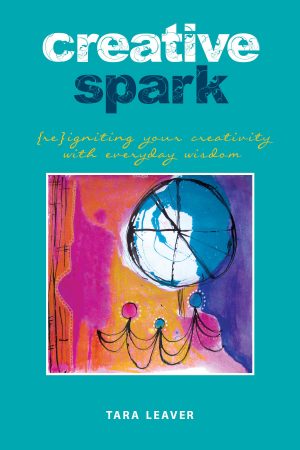
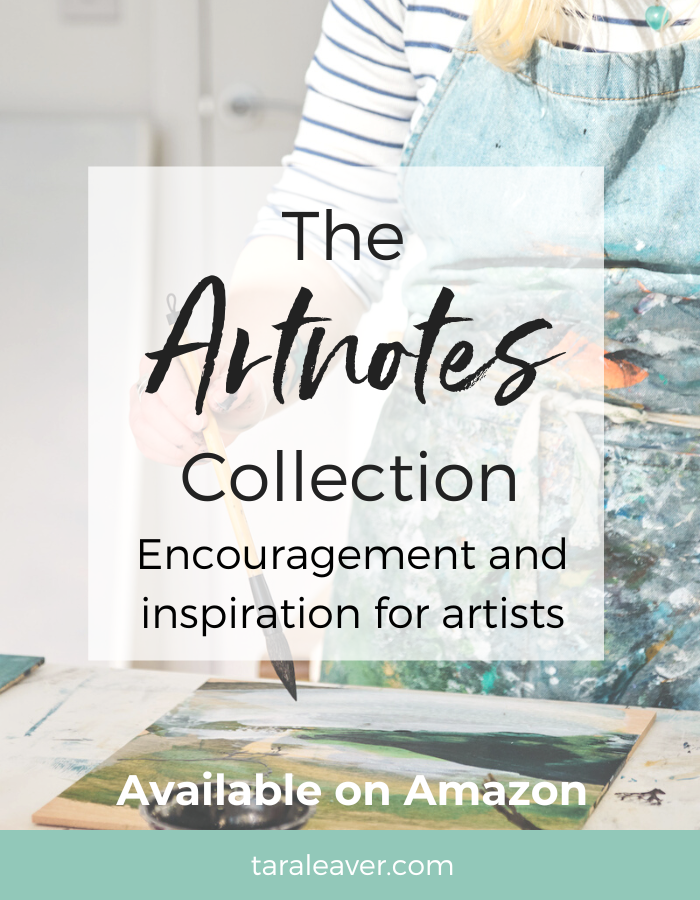
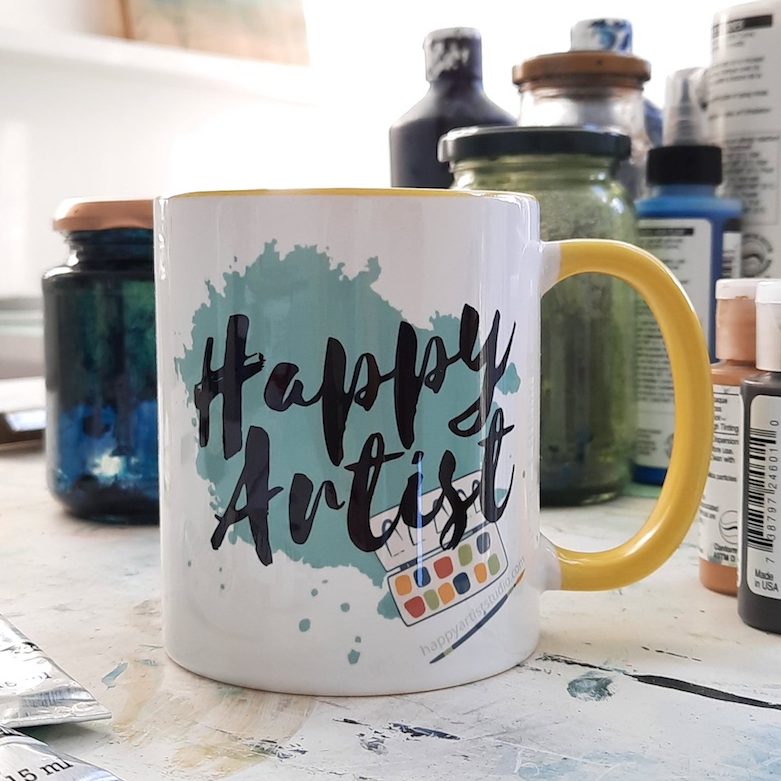
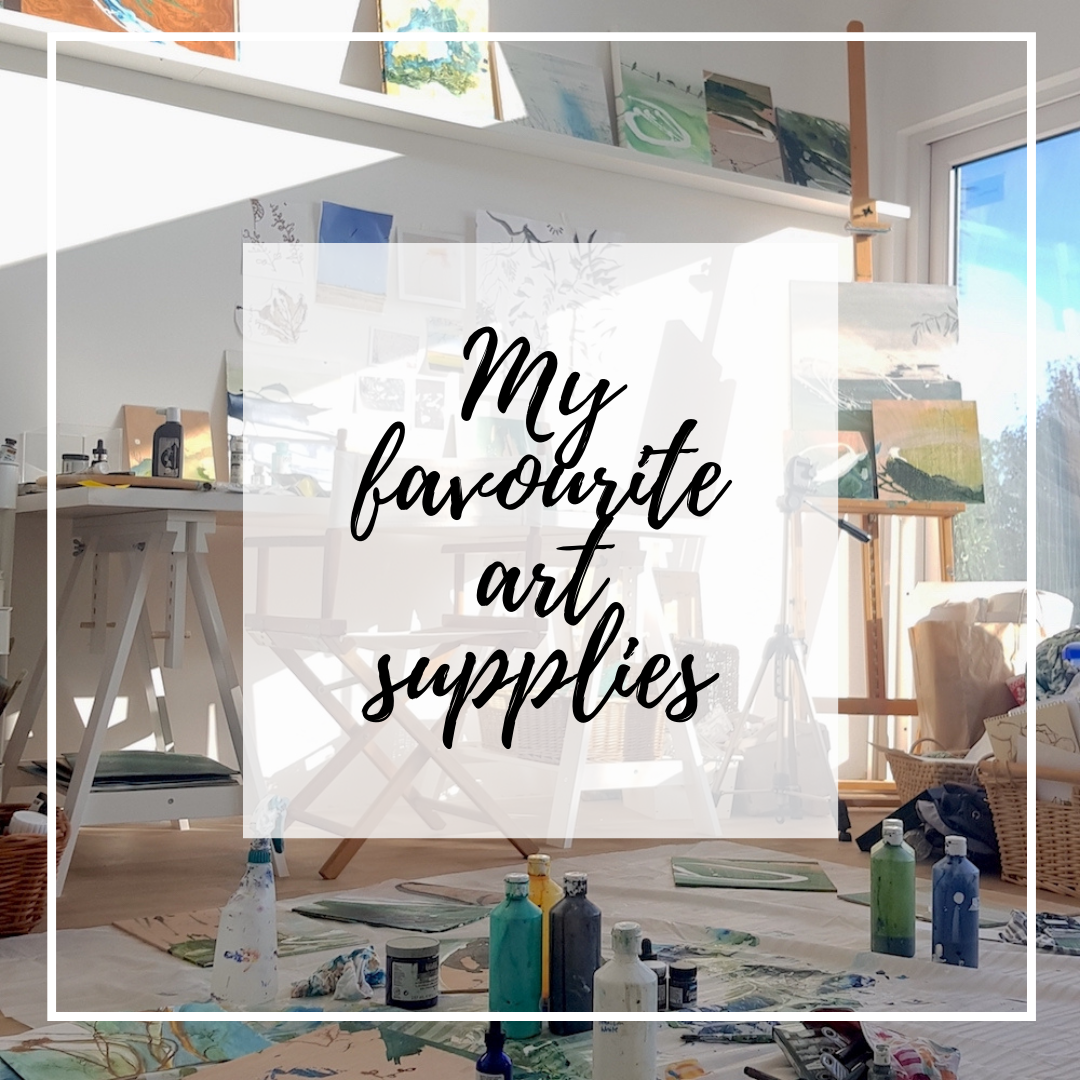
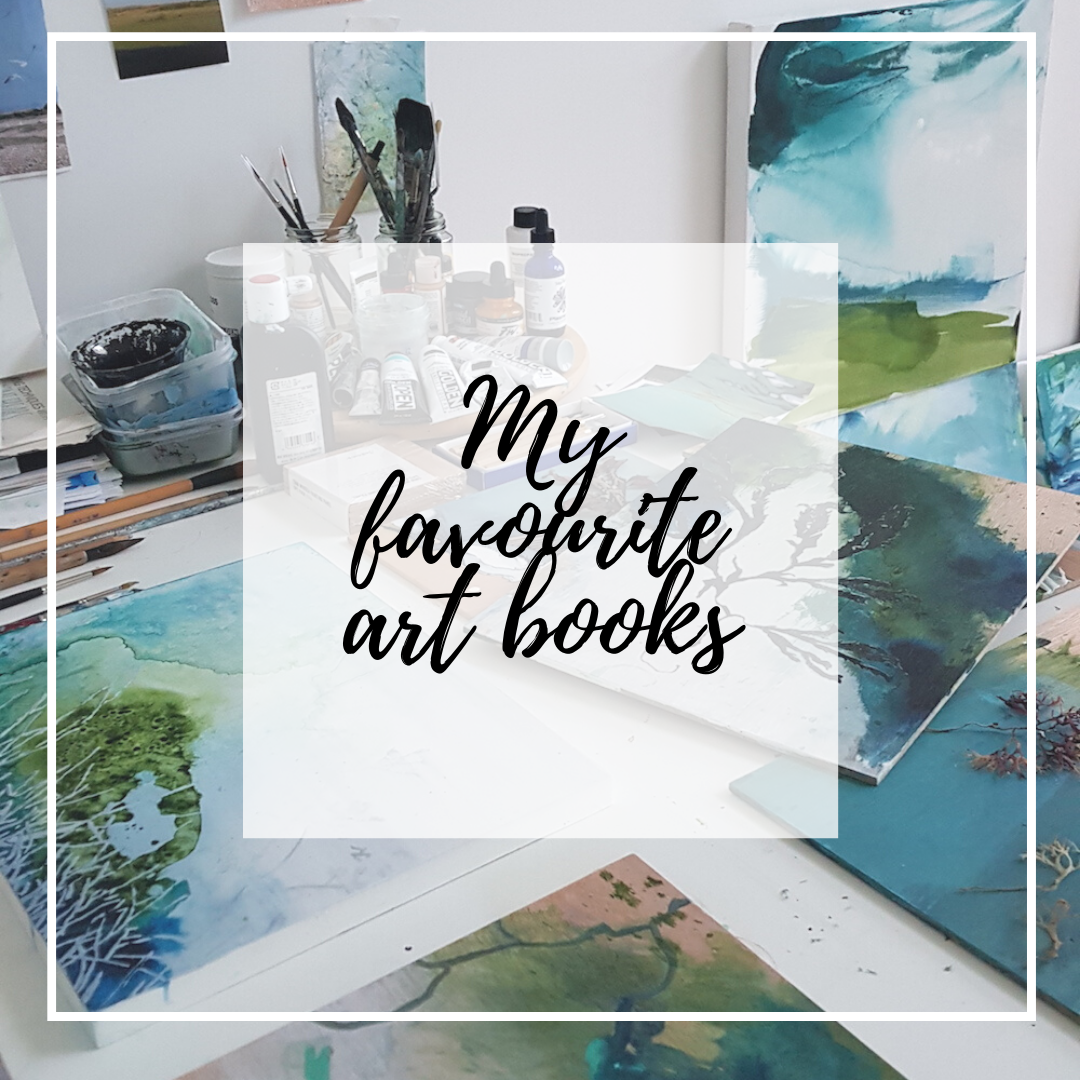
I feel nowadays being a selftaught artist is a completely legitimate status and even something I´ve seen or felt quite a few artists I really like & admire openly say even with pride. I feel very inspired by this and somehow as if a peer has – by doing that – “approved” my own status and also shown that is really does not make the difference when it comes to one´s own fulfillment or success as an artist. As I am selftaught myself, and being my mid50s where in some ways I can step away from other´s opinions better than when I was younger, I see it as an encouragement when I see those fabulous selftaught artists thriving and sharing their great work with the world.
I love that you’ve heard artists talk about being self taught in such positive terms. I haven’t found that to be common so far, so perhaps the tide is turning! Thanks for sharing your thoughts here Cristine!